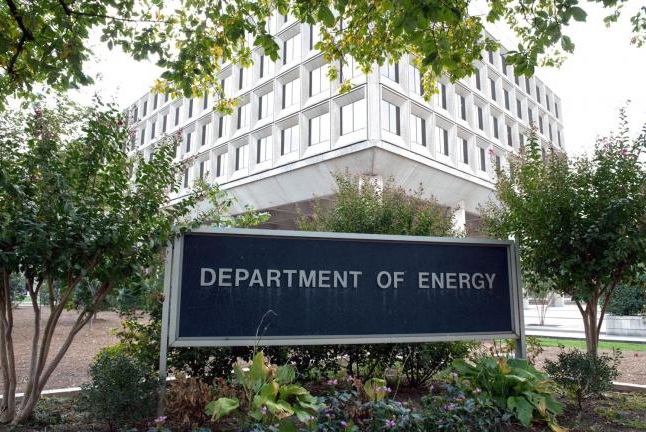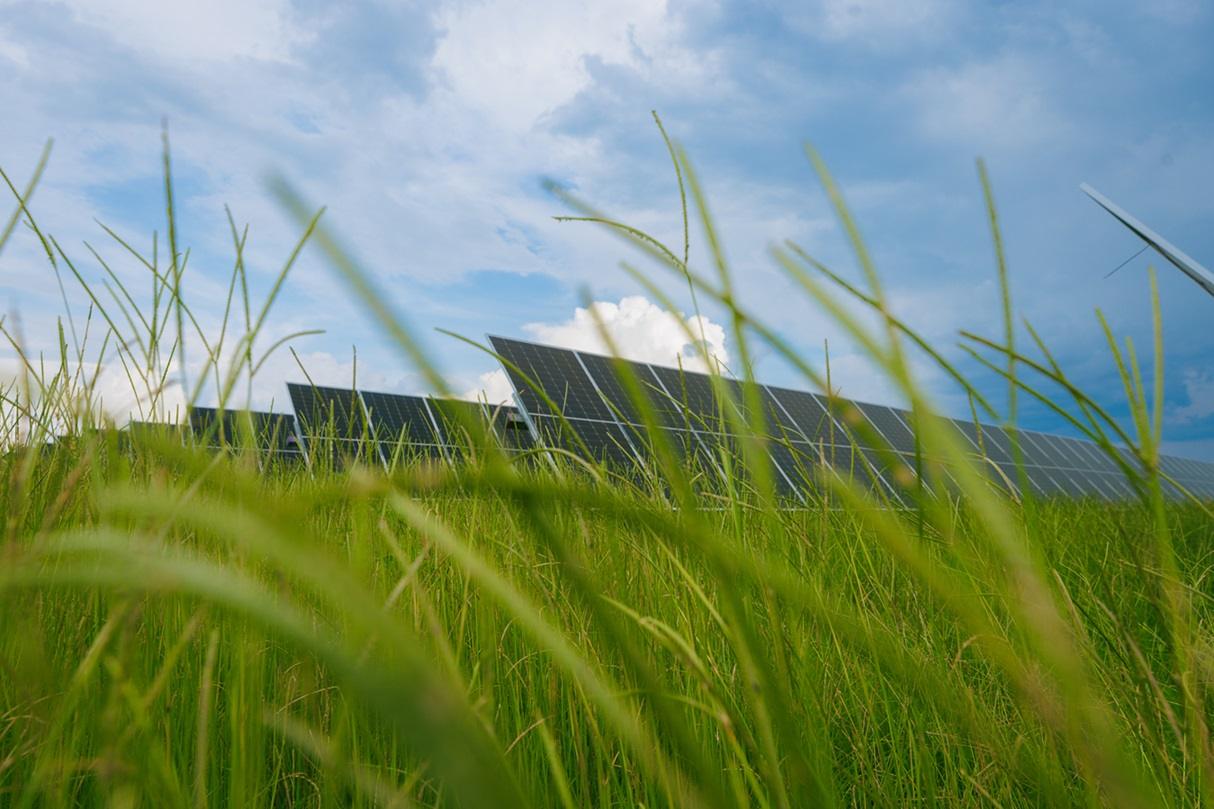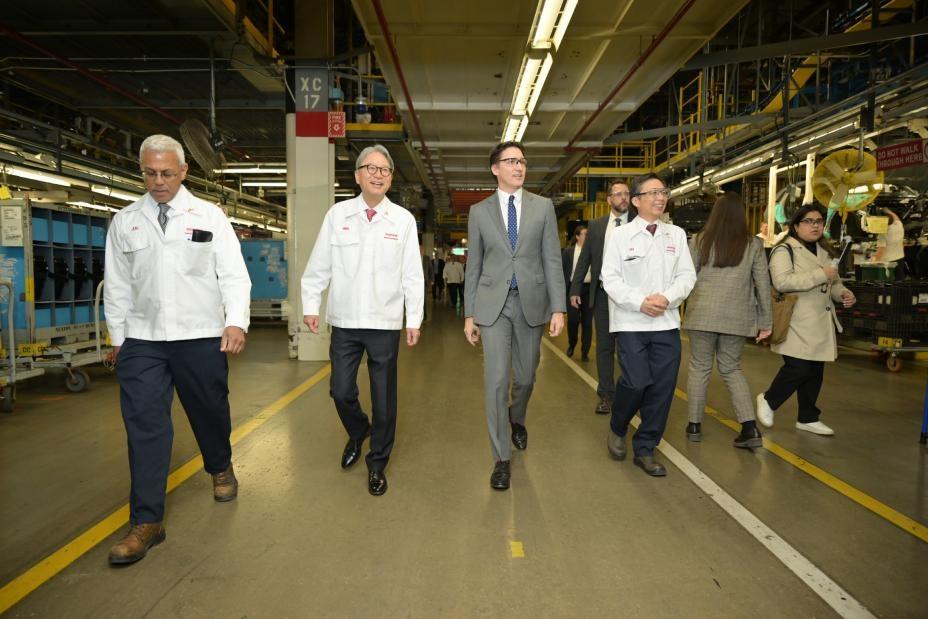Biden Admin Awards $2.8 Billion to Projects to Scale U.S. Battery Supply Chain
The U.S. Department of Energy (DOE) announced awards of a combined $2.8 billion of funding for projects aimed at increasing the domestic production of batteries and electric vehicles and the electrical grid, primarily targeting supply chain materials and components currently imported from other countries.
The funding for the awards is made available under the Bipartisan Infrastructure Law, forming the first phase of total allocations of $7 billion through 2028 intended to strengthen the U.S.’ domestic battery supply chain.
Jennifer M. Granholm, U.S. Secretary of Energy, said:
“Producing advanced batteries and components here at home will accelerate the transition away from fossil fuels to meet the strong demand for electric vehicles, creating more good-paying jobs across the country.”
The advancement of clean mobility has been a key focus area for the Biden administration, with an executive order signed last year mandating that zero emissions vehicles make up half of new vehicle sales in the U.S. by 2030. Earlier this year, the administration announced the allocation of $5 billion over five years for the development of an EV charging network across the interstate highway system.
The Bipartisan Infrastructure Law’s U.S. battery supply chain allocations include investments in the production and recycling of critical minerals without new extraction or mining and sourcing materials for domestic manufacturing.
According to the DOE, nearly all lithium, graphite, battery-grade nickel, electrolyte salt, electrode binder, and iron phosphate cathode material are produced abroad, with China controlling the supply of many of these key battery inputs.
The newly announced awards were made to 21 projects across 12 states, including projects for increased battery-grade lithium, graphite and nickel, the U.S.’ first large-scale, commercial lithium electrolyte salt production facility, the development of an electrode binder facility to supply 45% of EV battery binders in 2030, the first commercial scale domestic silicon oxide production facilities, and the first lithium iron phosphate cathode facility in the U.S.
Granholm added:
“This is truly a remarkable time for manufacturing in America, as President Biden’s Agenda and historic investments supercharge the private sector to ensure our clean energy future is American-made.”







